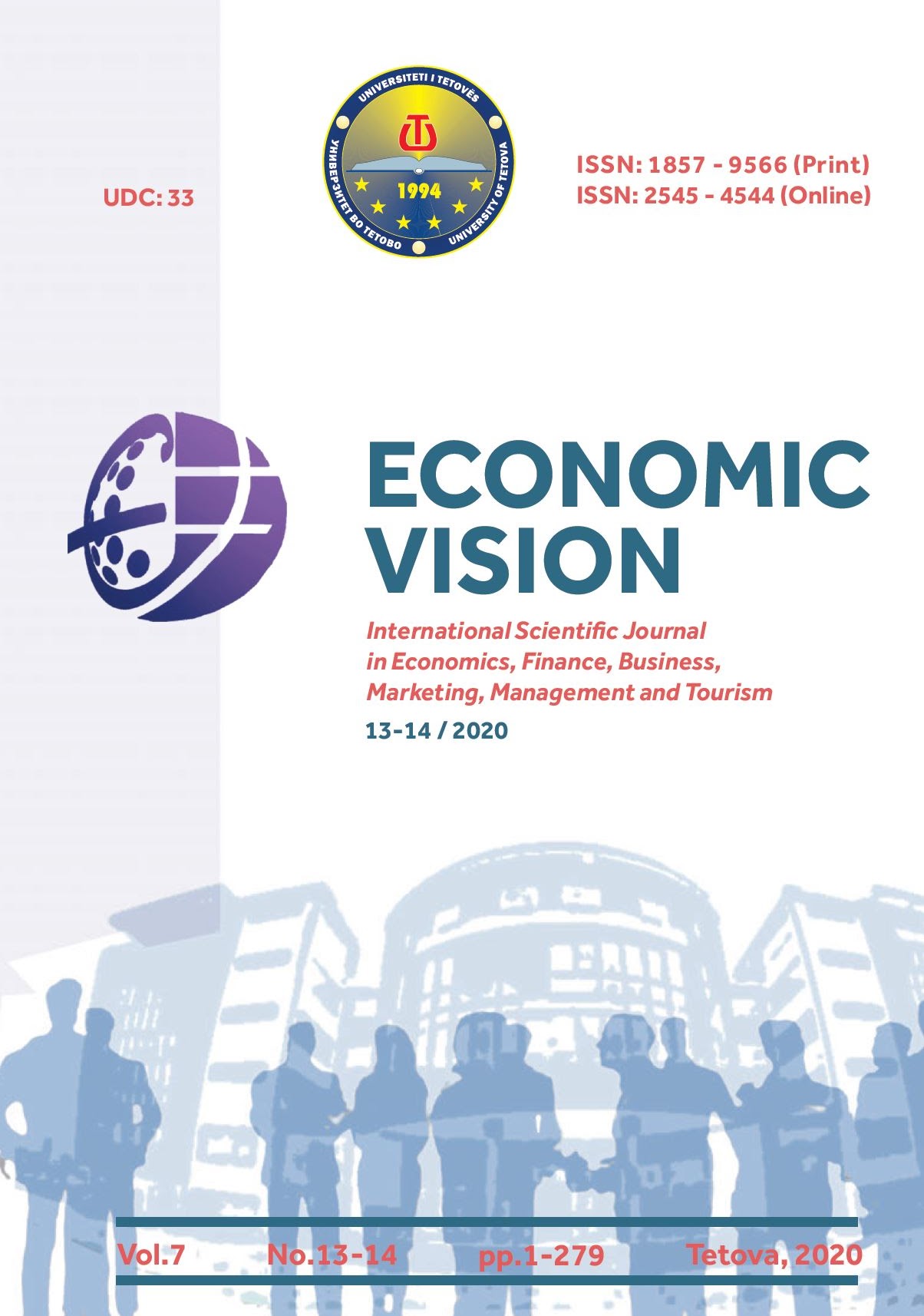INSTITUTIONAL REFORMS AND IMPROVING THE BUSINESS CLIMATE IN SOUTHEAST EUROPEAN COUNTRIES: AN EMPIRICAL ANALYSIS
INSTITUTIONAL REFORMS AND IMPROVING THE BUSINESS CLIMATE IN SOUTHEAST EUROPEAN COUNTRIES: AN EMPIRICAL ANALYSIS
Author(s): Rufi Osmani, Fisnik MorinaSubject(s): Socio-Economic Research
Published by: University of Tetova
Keywords: Business Climate;Doing Business;SEE countries;European Union;World Bank;
Summary/Abstract: The process of economic and political transition in the countries of Southeast Europe (SEE) as a result of weak institutional capacities, permanent economic, political and security crises even after three decades has not ended. In the last decade, economic policy makers in transition countries have focused on creating a favorable business climate as the main strategy for a country's economic development. According to Stern (2002) the "business climate" or business environment is the political and institutional environment that affects the attraction of more investment and the greater lending to the real sector of the economy. The focus of this study will be on institutional reforms to improve the business climate in SEE countries based on World Bank indicators and assessments. The analysis for the period (2010-2018) reveals significant differences in the level of business climate between SEE countries despite the fact that certain countries are part of NATO and the EU while other countries are outside these structures. EU membership and meeting the Copenhagen criteria for the authors of this research are compatible with the World Bank's "Doing Business" criteria.
- Issue Year: 7/2020
- Issue No: 13-14
- Page Range: 201-211
- Page Count: 11
- Language: English

